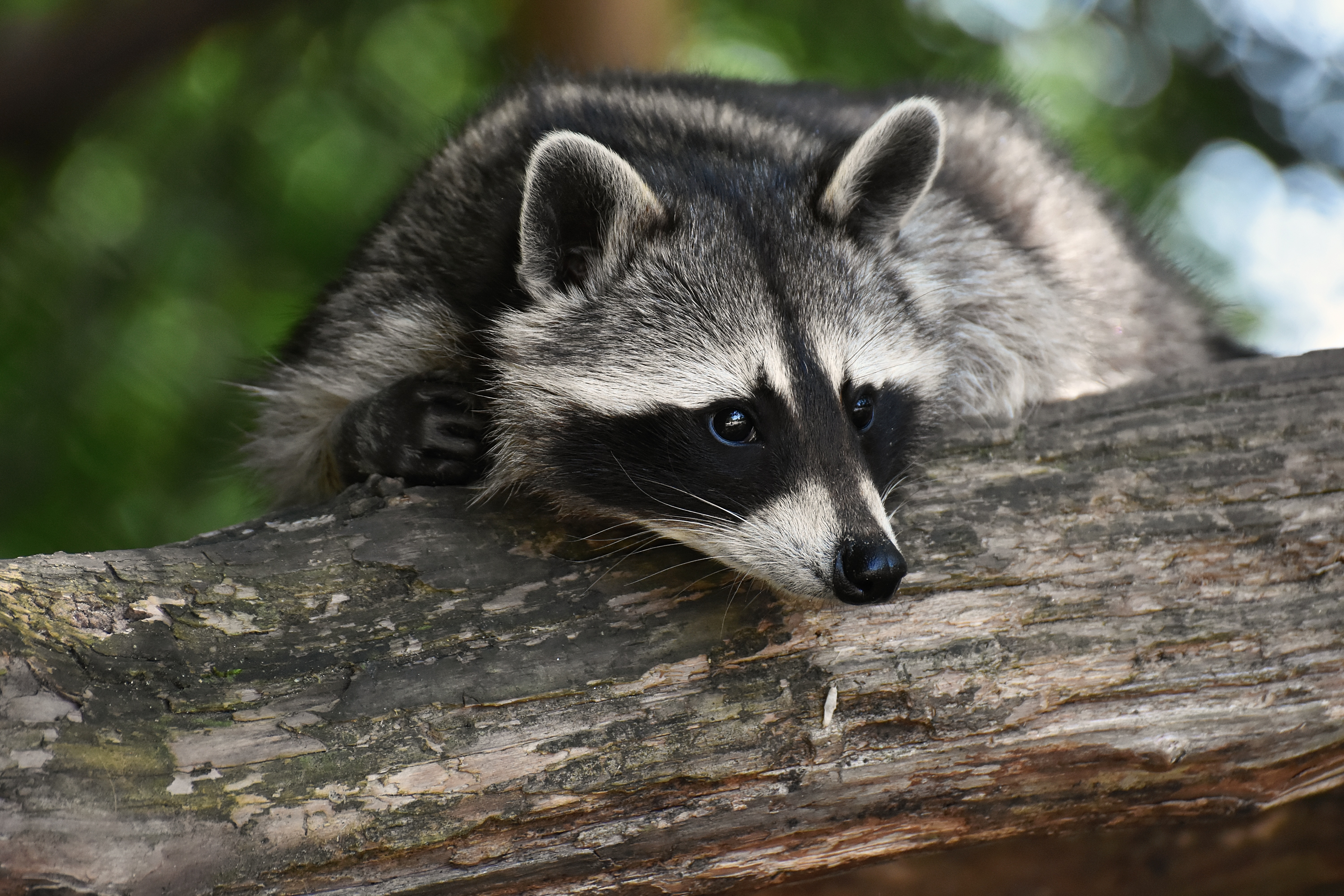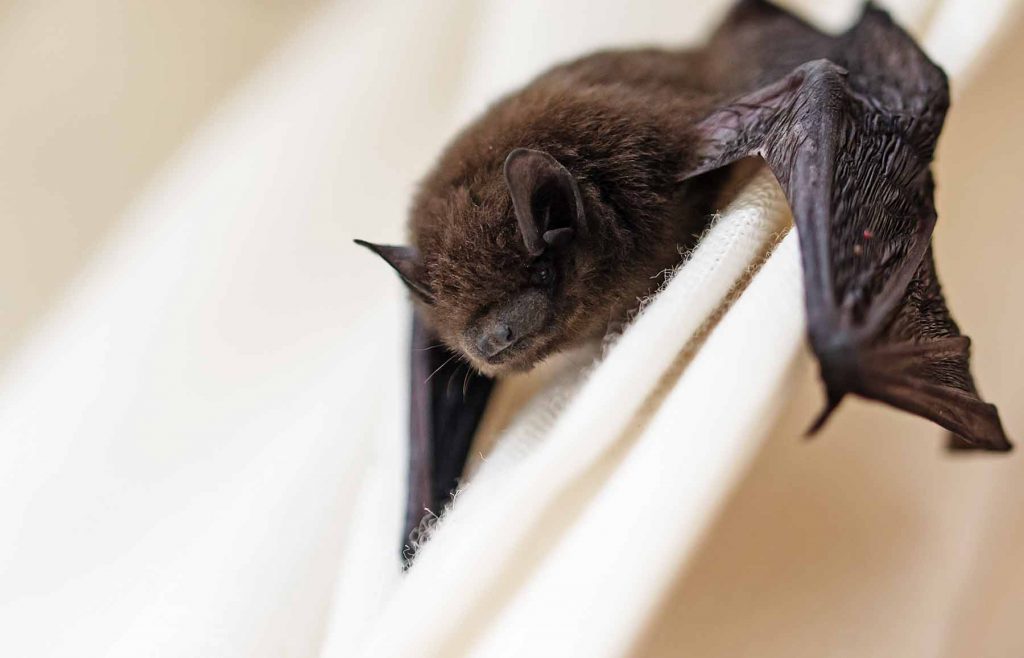Bats are fascinating creatures that have long intrigued scientists and nature enthusiasts alike. One common question that arises when studying bats is whether or not they migrate. In the case of Raleigh, NC, it is important to understand the behavior of bats in order to gain insight into their migratory patterns. While some species of bats do migrate, others are known to be more sedentary. In Raleigh, the most common bat species found are the big brown bat and the little brown bat. These bats are typically non-migratory, meaning they remain in the area year-round. However, it is important to note that some individuals within these species may exhibit migratory behavior. This variability in bat behavior adds to the complexity of understanding their migration patterns in Raleigh, NC.

Do Bats Migrate? Understanding Bat Behavior in Raleigh, NC
The Mysterious World of Bats
Bats, these intriguing creatures of the night, have long captivated our imagination with their mysterious habits and nocturnal lifestyle. While many of us may associate bats with dark caves or haunted houses, it is essential to understand their behavior and habits, particularly when it comes to migration. In the city of Raleigh, North Carolina, where urbanization intertwines with nature, the question arises: do bats migrate?
The Migration Patterns of Bats
Bats, unlike birds, do not typically embark on long-distance migrations. However, their movement patterns can vary depending on several factors, including food availability and temperature. In Raleigh, where summers are hot and winters are mild, some bat species exhibit migratory behavior, albeit on a smaller scale.
Local Bat Species
Raleigh is home to a diverse array of bat species, each with its unique characteristics and behaviors. The most prevalent species found in the area include the big brown bat, the little brown bat, and the eastern red bat.
The big brown bat (Eptesicus fuscus) is a year-round resident in Raleigh. These bats are known for their ability to adapt to various environments and can be found roosting in both natural and man-made structures. They typically hibernate during the winter months but do not migrate long distances.
The little brown bat (Myotis lucifugus), on the other hand, exhibits more migratory tendencies. While some little brown bats choose to hibernate locally during the winter, others migrate to warmer regions in search of food. These migrations are usually short-distance and can span from a few miles to a couple hundred miles.
The eastern red bat (Lasiurus borealis) is another fascinating species found in Raleigh. These bats are known for their striking red fur and are often spotted roosting in trees. Unlike the big brown bat and the little brown bat, the eastern red bat is a long-distance migrant. During the winter months, they migrate to the southern United States or even Central America, where they can find more favorable temperatures and abundant food sources.
Factors Influencing Bat Migration
Several factors influence bat migration patterns, including food availability, temperature, and roost availability. Bats rely on insects as their primary food source, and when insect populations decline during the colder months, some species choose to migrate to regions where insects are still abundant.
Temperature is another crucial factor that affects bat migration. Bats are warm-blooded creatures, and extreme cold can be detrimental to their survival. In regions with harsh winters, bats often migrate to warmer areas where they can find suitable roosting sites and maintain their body temperature.
Roost availability plays a significant role in bat migration as well. Bats require safe and suitable roosting sites to rest and raise their young. If their current roost becomes overcrowded or compromised, they may choose to migrate to find a more suitable location.
A Case Study: Raleigh’s Bat Migration
To gain a deeper understanding of bat migration in Raleigh, researchers conducted a study focusing on the little brown bat population. They tracked the movement of individual bats using radio transmitters and discovered that some bats traveled up to 150 miles south during the winter months.
The study also revealed that not all little brown bats migrated. Some individuals chose to hibernate locally, taking advantage of man-made structures such as attics or caves. This indicates that bat migration in Raleigh is not a universal behavior but rather a choice made by individual bats based on their specific needs and circumstances.
Protecting Bat Habitats
Understanding bat migration patterns and behaviors is crucial for ensuring the conservation of these fascinating creatures. Protecting and preserving natural habitats, including forests and wetlands, provides bats with essential roosting sites and foraging grounds. Additionally, maintaining man-made structures like barns and attics can offer bats alternative roosting options in urban areas.
In Raleigh, organizations such as the North Carolina Wildlife Resources Commission work tirelessly to educate the public about the importance of bat conservation and provide guidance on how to protect bat habitats without resorting to harmful DIY methods.
Appreciating the Enigmatic Bats
While bats may not migrate in the same grandeur as birds, their behavior remains a captivating aspect of their enigmatic lives. Understanding their migration patterns and respecting their habitats allows us to appreciate these remarkable creatures that play a vital role in maintaining the delicate balance of our ecosystem. So, the next time you spot a bat fluttering against the twilight sky in Raleigh, take a moment to marvel at its unique journey and the mysteries it holds.
Contact For Wildlife Control Help
If you are in need of professional animal removal services, look no further than Triangle Wildlife Removal. Our team of experts is dedicated to providing efficient and humane solutions to your wildlife problems. With our extensive knowledge and experience, we can effectively remove unwanted animals from your property and ensure that they do not return. Don’t hesitate to give us a call today at (919) 661-0722 for prompt and reliable assistance. We are here to help you restore peace and safety to your home or business.
